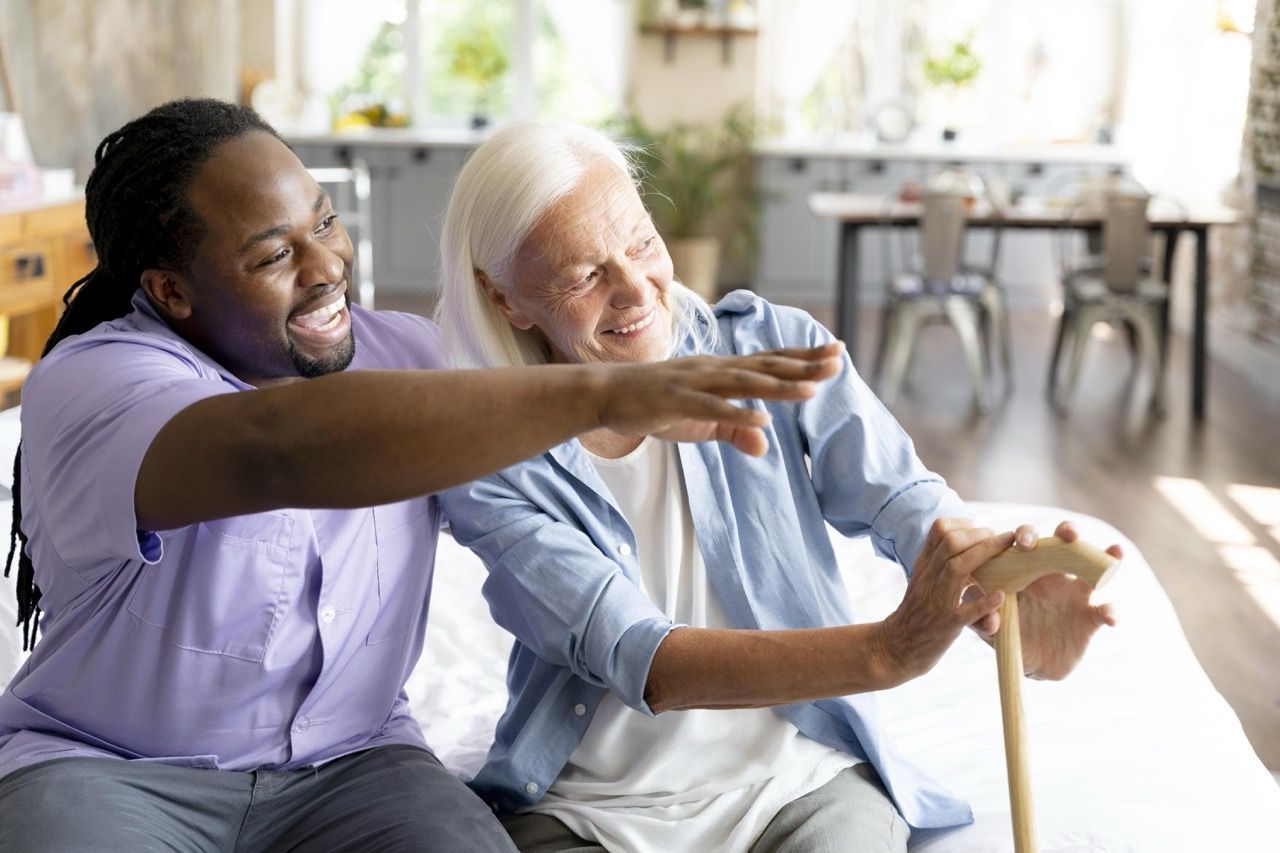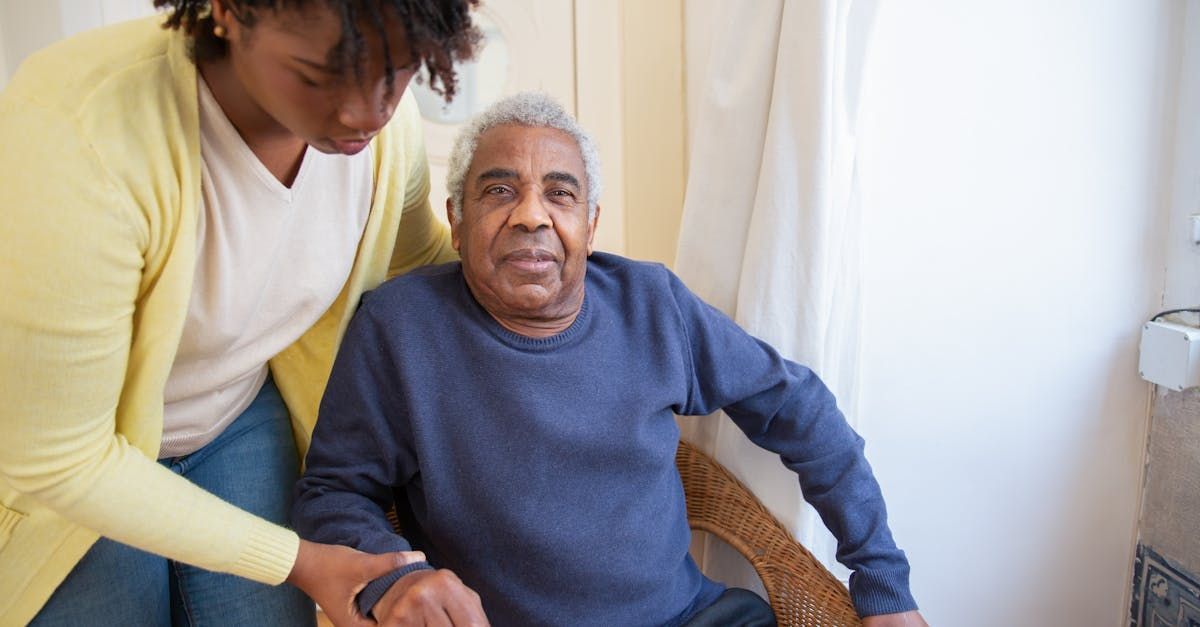Preparing for Your Role as a Caregiver
Recognizing when your parents are at a point where they need help to stay safe and healthy can be overwhelming. Figuring out what they need, what options are available to help them, and having the talk with them about getting help can be difficult, especially if they are not ready to accept it. But the good news is you are not alone and there are many resources available to assist you.
Here are some of the most important things to consider when you are facing this reality.
- Assess.
Take stock of what your parents really need help with and how much support they might already be getting from family, friends or other services. Consider issues like safety in the home, medical needs, managing finances, cognitive issues, mobility, hygiene, meal preparation and even social contact and interaction. Then assess what can be done by you or another family member and where you might need outside assistance. - Organize.
Gather important documents like wills, power of attorneys, advance directives, tax returns, etc. and note any key documents that might be missing. Create a list of important contacts (doctors, lawyers, accountant, etc.) and medical information (history and medications). Here is an excellent document to help you get organized. - Plan.
Get the family together and create a plan for managing care, dealing with issues or emergencies, managing future decline and handling end-of-life care. Include your parents in this process. - Care for yourself.
Helping your elder parents can quickly become overwhelming and stressful. Adding caregiving responsibilities to your already busy life can jeopardize your own health, affecting your ability to provide the care your parents may need. It’s important that you don’t neglect your own needs at this time and make time for yourself - mentally, emotionally, physically and spiritually. - Get help.
You can’t do this alone. There are many community services you can tap into, including meal and transportation services. Contact the local seniors centre for any programs they might have. And, when needed, there are caregiving services - from in-home care to companionship - available to help. - Communication.
Keeping the lines of communication open is critical for your parents safety, as well as their mental health. Ensure important phone numbers are posted and easy to find and that the phone is easy to access and use. Not only is this important for safety reasons, but regular communication is vital to combat isolation and loneliness - a serious issue for many seniors. You might also consider a wearable medical alert device for extra safety. - Safety.
Finally, ensure that your parents’ home is safe for them. Check for trip hazards as mobility, balance and eyesight might affect their ability to navigate around the home. Pay particular attention to bathrooms, which pose greater risks for falls and install hand rails where needed. Keeps floors and walkways clear of clutter and ensure there is proper lighting throughout the home.
And one more final recommendation…add a little spontaneity to the situation! Do something with your parents that is unexpected and fun, something outside of caregiving. These are the moments that you will remember best and most fondly.
And as always, we are here to help whenever you need it - whether for care or simply some advice.
Contact us today.




